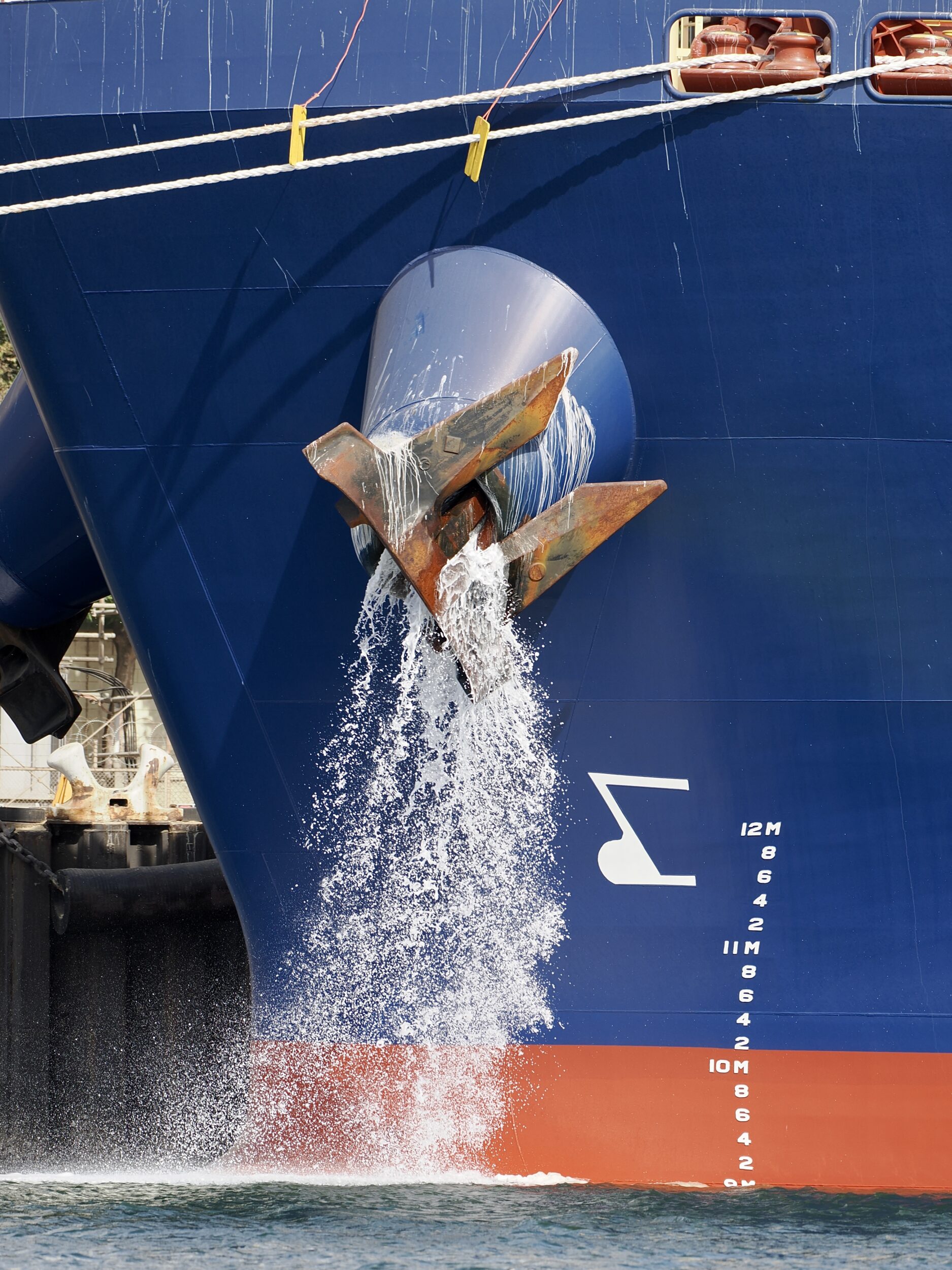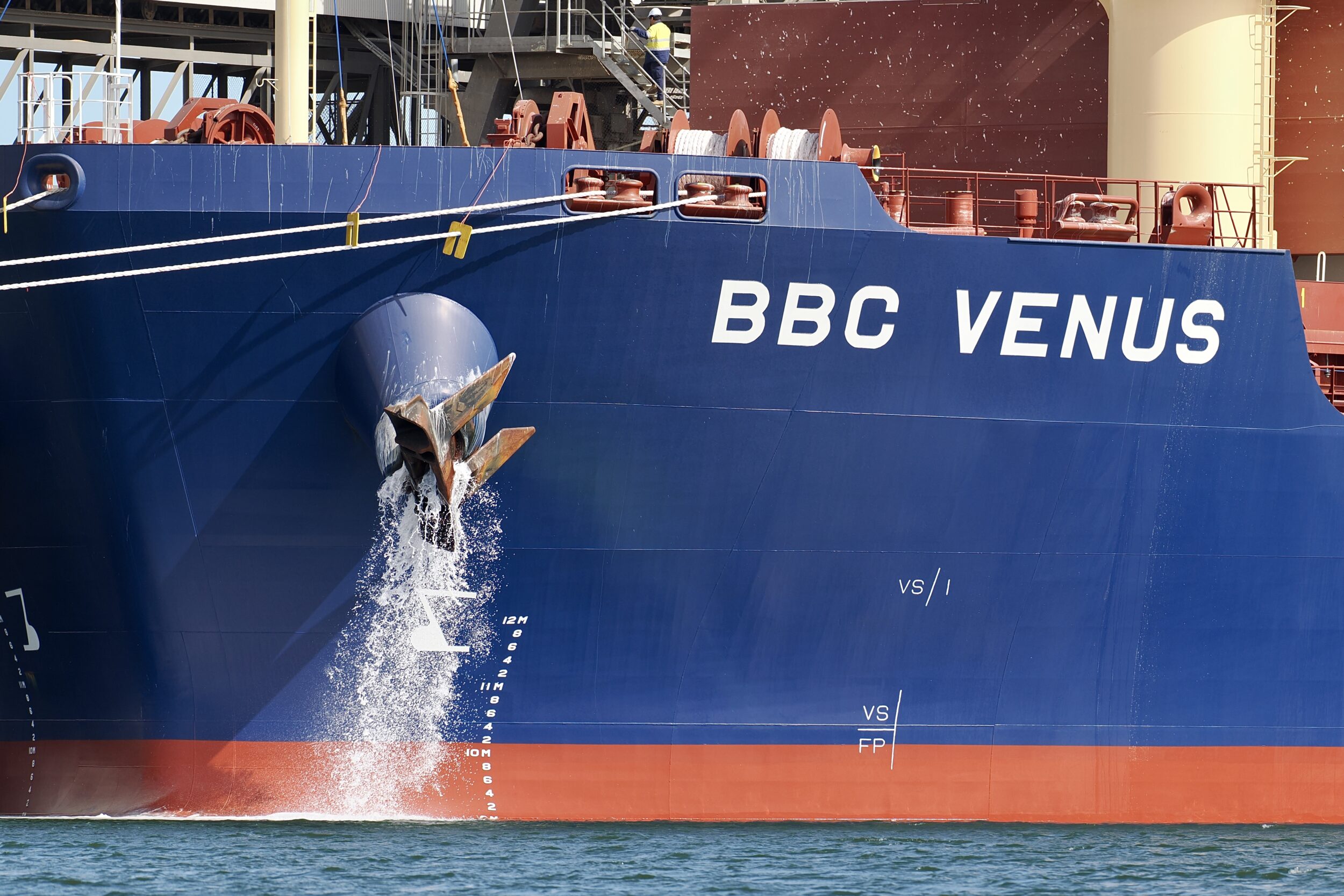Britain’s now severely-underfunded national broadcaster may well be looking – urgently – for “new means of generating revenue”.
The BBC Venus is not one of them.
Very obviously the youngest ship berthed at Port Adelaide on 07 March 2024, this bulk carrier was launched in 2023.
Under its current “flag of convenience”, the vessel’s ostensible “home” is Liberia.
BBC was established in the German city of Bremen in 1997.
According to its website, the BBC fleet now has more than 140 “multi-purpose heavy-lift vessels”, and the company is “a global market leader in the ocean transportation of heavy lifts and project cargo”.
I urge you to read the Wikipedia entry on “flags of convenience”.
A few key extracts from it:
The modern practice of ships being registered in a foreign country began in the 1920s in the United States when shipowners seeking to serve alcohol to passengers during Prohibition registered their ships in Panama. Owners soon began to perceive advantages in terms of avoiding increased regulations and rising labor costs and continued to register their ships in Panama even after Prohibition ended. The use of open registries steadily increased, and in 1968, Liberia grew to surpass the United Kingdom with the world’s largest ship register.
As of 2021, more than half the world’s merchant ships were registered with open registries, and almost 40% of the entire world fleet, in terms of deadweight tonnage, (DWT) were registered in Panama, Liberia, and the Marshall Islands.[4] It is estimated that nearly two thirds of the world’s fleet is registered in states to which they have no connection.[5][6] According to the UN Conference on Trade and Development (UNCTAD), in January 2021, Panama had 6,653 ships on its registry (16 per cent of the global fleet by DWT), followed by Liberia (3,909), Marshall Islands (3,732), Singapore (2,541), and Hong Kong (2,440).[4]….
The reasons for choosing an open register are varied and include tax avoidance,[11] the ability to avoid national labor and environmental regulations,[11][12] and the ability to hire crews from lower-wage countries.[11][13]National or closed registries typically require a ship be owned and constructed by national interests, and at least partially crewed by its citizens. Conversely, open registries frequently offer on-line registration with few questions asked.[14][15] The use of flags of convenience lowers registration and maintenance costs, which in turn reduces overall transportation costs….
Flag of convenience ships have long been linked to crime on the high seas…


Comments